What does pending deposit mean? If you're lost, don't worry, we got your back.
Whether you are a first-time depositor or needs a refresher in bank terminologies, this post is for you.
More importantly, when it comes to personal finance, one must be involved as much as possible.
Whether it's a paycheck, a stash of cash you earned through your side-hustle or side business income, or a windfall, depositing it into your savings or checking account feels rewarding.
However, if you need quick cash, what to do? When you check in with your bank, your deposit is pending. Therefore you asked if a deposit is pending, can I use the money?
All that questions you have in mind and more, here's the ultimate answer. Keep reading!
Why is my deposit pending?
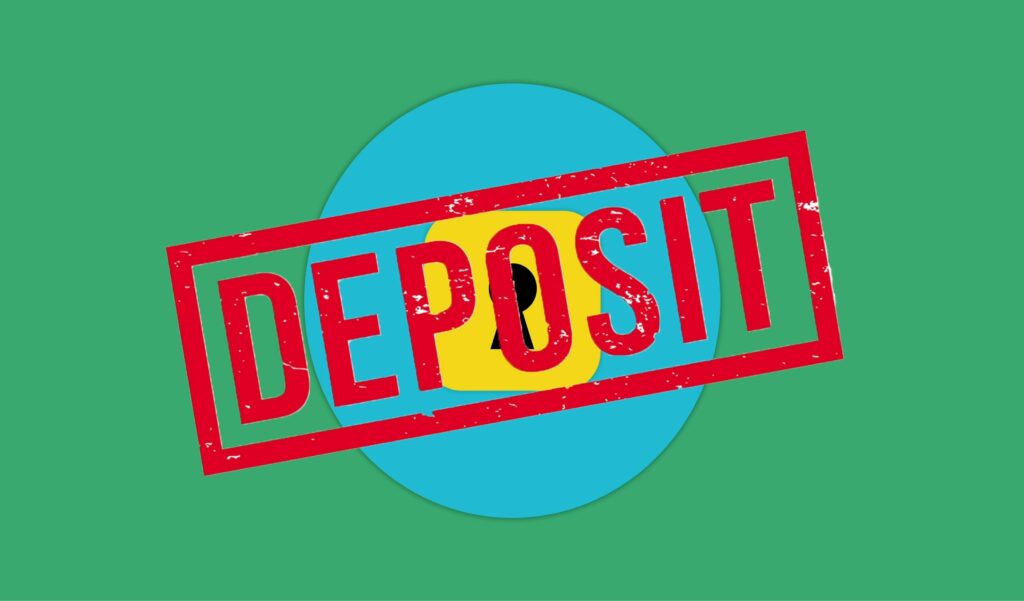
There could be many reasons why a deposit is pending. But, don't fret. You have to know that most banks must verify first and do a thorough check and authorization before approving your deposit transaction and adding it into your available balance.
That way, they can rest assured that the deposit they received is legit and is in the right account. In addition, banks avoid giving suspicious deposit grants. Finally, this verification process protects the bank from giving you access to money that doesn't exist or isn't meant for you (extremely rare cases.)
Does pending mean it went through?
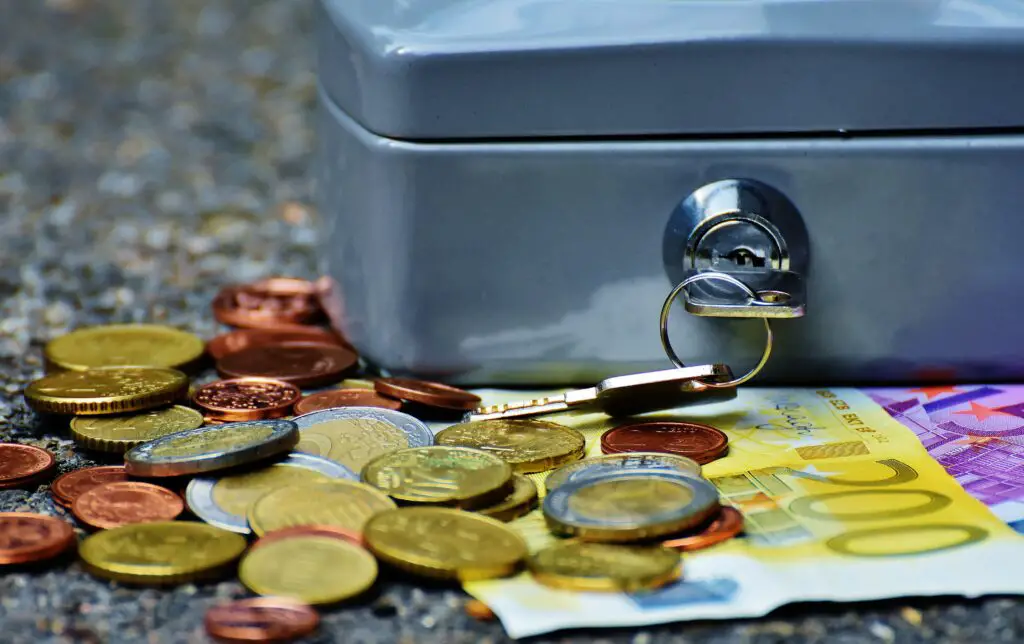
Let's define the word “pending.”
In simple words, pending means awaiting or unsettled and unresolved. Or, in other words, not yet processed.
When you deposit your money in a savings or checking account, you will usually see that the money is “pending” until the funds are verified and then added to your available balance.
So, pending means that no; the funds or money has not gone through, and it is not yet available for you to get your hands to. See what I mean here?
In addition, most bank shows “pending deposits” to let you know that it is currently processing your deposit and will be available soon. More importantly, banks are working on verifying and checking the legitimacy of your deposit transaction.
Most deposit transactions you make, whether in-person or online fund transfer- all go through this verification and authorization process. Some will even hand you out a deposit transaction slip for reference and will initially show that the funds are “pending.”
How long will a deposit be pending?
A standard pending deposit will typically get cleared after two business days, depending on each bank's rules.
You can check these regulations surrounding the amount of time a bank can only hold your deposits for more details. This is also to ensure that you get access to your money in the most timely manner.
However, there are some circumstances when it would take longer than the standard holding period. This only happens when banks notice suspicious or large unusual deposit transactions in your account.
Moreover, they could raise doubts when a series of deposits are out of pattern or incongruent with your past transactions. This helps the bank to investigate further whether all of these transactions are real.
With that, expect some worst-case scenarios, at least seven business days or more, to get hold of your account. But then again, these are extremely rare cases and not often or more likely to happen.
Know that banks will not hold your funds any longer or forever! But, If you’re ever concerned that your check or deposit is taking too long to clear, you should directly contact your bank.
Do pending deposits show in the available balance?
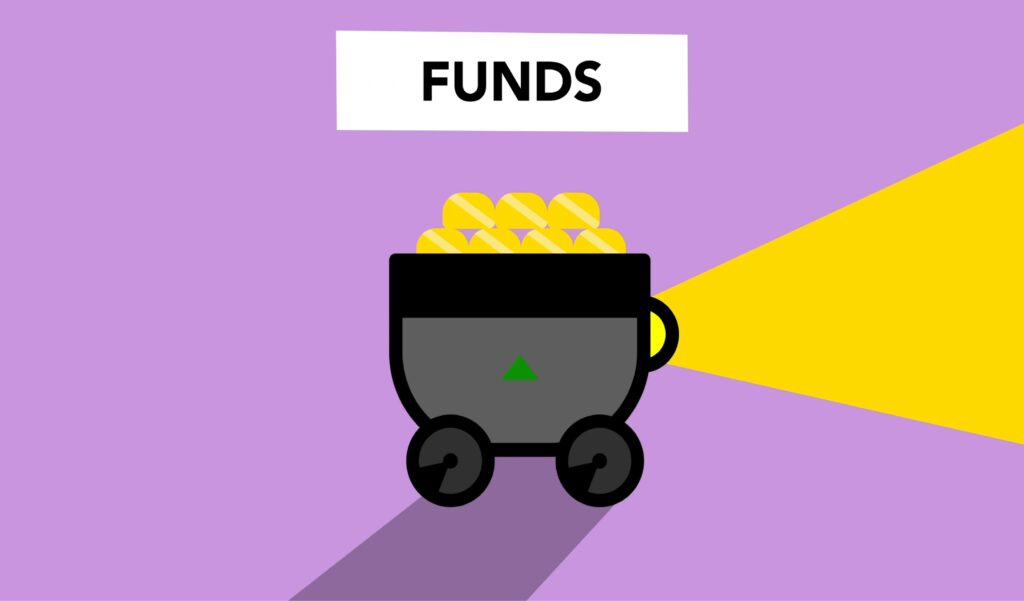
As mentioned earlier, pending deposits are shown in the available balance. Therefore, when you open your mobile bank, you will see a line item with all of your previous and past transactions plus the corresponding status of each.
Typically, you will see two broad terms: available and current balance (we'll get to that further!)
It's crucial to understand your deposit status because once you deposit your funds, you can't immediately withdraw them. So, you know, just because your deposit is pending doesn't mean you have direct access to it already, nope, not yet.
Most significantly, if it's showing on the available balance.
What you can do is wait for the pending status to get cleared. This way, you can prevent high overdraft fees.
Overdrawing your account
Pending deposits mean that you cannot use the money yet. This is because the banks are currently processing and verifying the deposit transaction. Once done in doing so, your funds will then get added to your available balance, which you can now freely use.
However, if you used the money that is not yet approved or processed by the bank, you might overdraw your account. Overdrawing your account means using the funds in advance that aren't yet verified and added to your account.
Overdraft fees of most banks can charge as much as $40 per occurrence, and you can be charged multiple times in a single day (but it still depends on every bank's rules and regulations), plus you run the risk of late payments on some of your bills.
Therefore, you must understand your bank and your deposit account. Read the fine print first! Then, shop for bank accounts that won't charge overdraft fees, keep a cushion balance, or use an app to monitor your financial health.
Ensure that you know how much is your available balance and do not exceed spending from it. Please don't give the bank free money as it is!
Related reads: 12 Smart Ways to Pay Off Debt Fast and be Debt Free
Available Balance vs. Current Balance
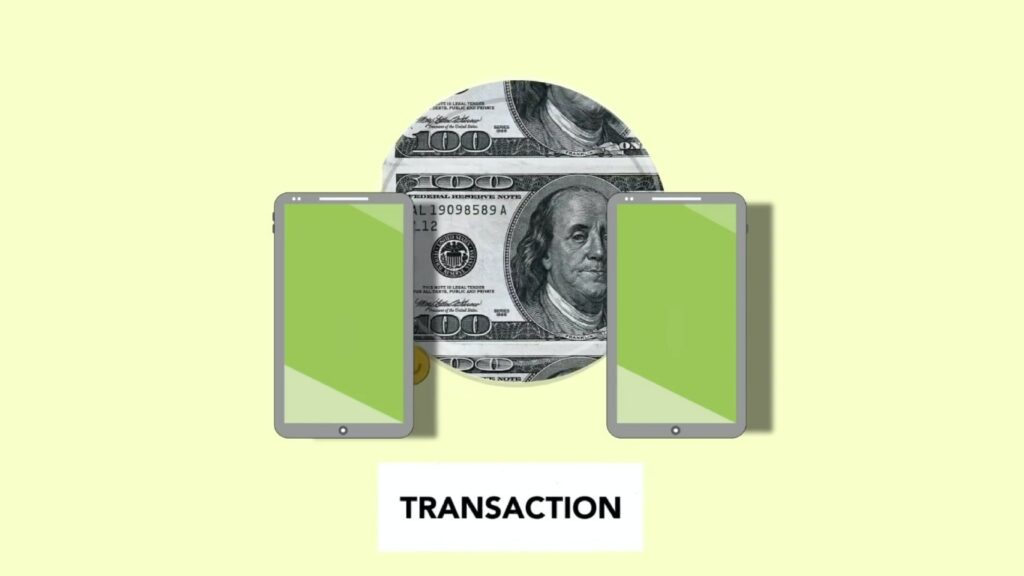
Now for these two terms. It may look not very clear at first, but hear me out.
These two are one of the most common bank terms you might encounter every day. They may look or mean the same for you at first glance, but there's a subtle difference between these two.
Knowing the difference between your available balance vs. current balance might save you some cash and get out the risk of overdraft fees.
For instance, when your funds are in available balance, it means that these are amounts that are ready for you to use or spend. In simple words, funds in your available balance are amounts that you can spend instantly.
On the other hand, the current balance shows the overall picture of your account. In other words, current balances include all your money, even those that are on hold.
Let's run a simple scenario for better understanding.
For example, let's assume your available and current balance are both $50.
During a weekend meetup with your friend, you swipe your debit card at a restaurant for $20 eat out. Then, your account is placed on hold, so your available balance is now only $30 (it was deducted fromyour available balances because, as mentioned earlier available balance are money you are free to spend.)
However, your current balance is still $50. Before the restaurant charge is sent to the bank for processing, a check you wrote the other day for $40 clears.
Because you have only $30 available, your account will be overdrawn by $10, even though your current balance is $50.
In this case, the bank will pay the $40 check, and you will be charged an overdraft fee. Other times, the bank may also charge you a corresponding non-sufficient funds fee. Both these overdraft and non-sufficient fund fees will be deducted from your account, further reducing the balance.
Tip? Only look at your AVAILABLE BALANCE!
Can A Pending Deposit Get Declined?
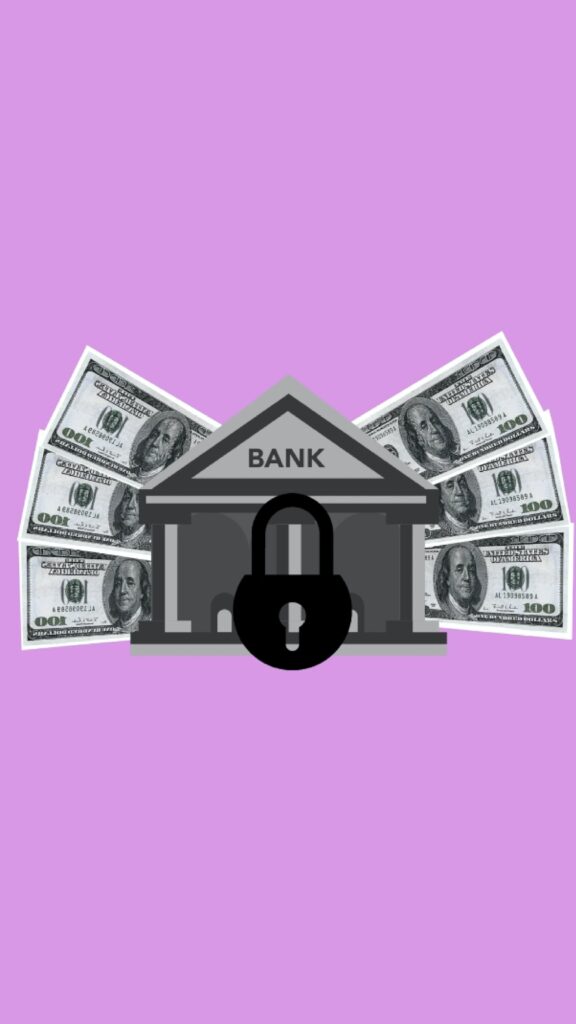
Unfortunately, yes. Even though it is held or pending, a deposit can still get declined by banks.
Most significantly, if the bank verifies and has it checked that there is no enough money in the payer's account, the bank will ultimately decline the deposit and remove it entirely from your bank account.
Bank Terminologies You Should Know
| Pending deposits | These funds that are on hold and are not yet available to use or spend; currently, in process for verification. |
| Deposit/Credit | Deposit is the act of placing your money in the bank. Credit is taking or withdrawing the amount. |
| Available Balance | Funds that are free to use or spend. Once the pending deposit is checked and verified, the bank will add the amount to your available balance. |
| Current Balance | The overall picture of your financial statement. It includes all your money, even those on hold. |
| Pending transactions | The opposite of pending deposit. It is the money you spent but has not yet been reflected in your account. |
| Posted transaction | Any money you moved out of your bank account (for purchase or anything else) and has been approved by the bank. |
| Ending Daily Balance | The remaining amount of money in your account or your total available balance at the close of each business day. |
Final thoughts
These are just a few simple bank terminologies you should get familiar with.
More importantly, knowing how your money works for you and what is your financial position can help you plan better and save you tons of $$$.
Research is your key and continuous self-learning and knowledge. Don't let these vague terms confused you. Understand your bank policies; after all, they exist to safe-keep your hard-earned money.
But don't give them nor allow them to get a cut from you! Know when you can use your money to make better financial plans and set financial goals ultimately.
Lastly, avoid cash crunches by building buffer money. If you need quick cash yet, your deposit is still pending, or you can't access your funds immediately. You can also use an app to help you organized and get a systematic approach to finances.
Plan your bills payment accordingly, and protect yourself from high overdraft fees.
Before choosing a deposit or checking account, you should know how these work and familiarize yourself with each term and condition.
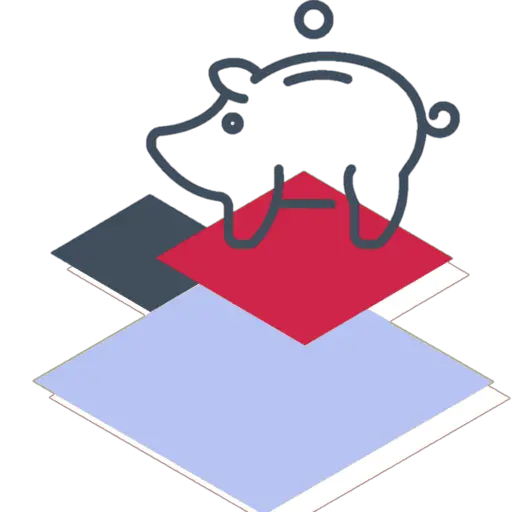

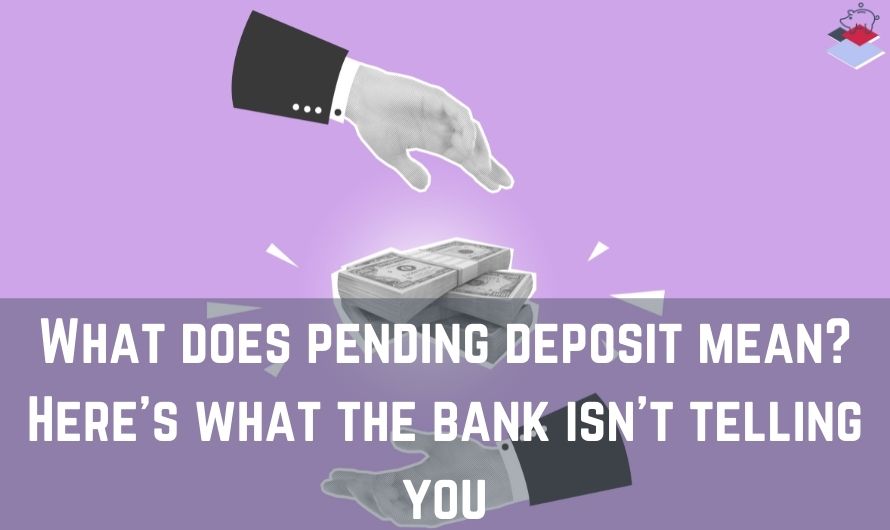

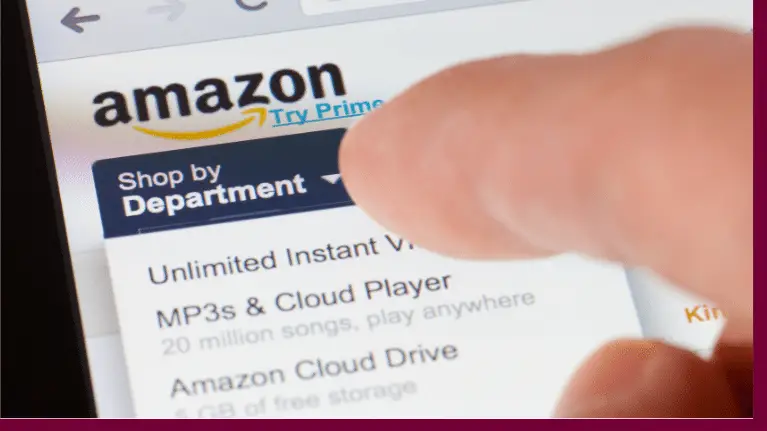


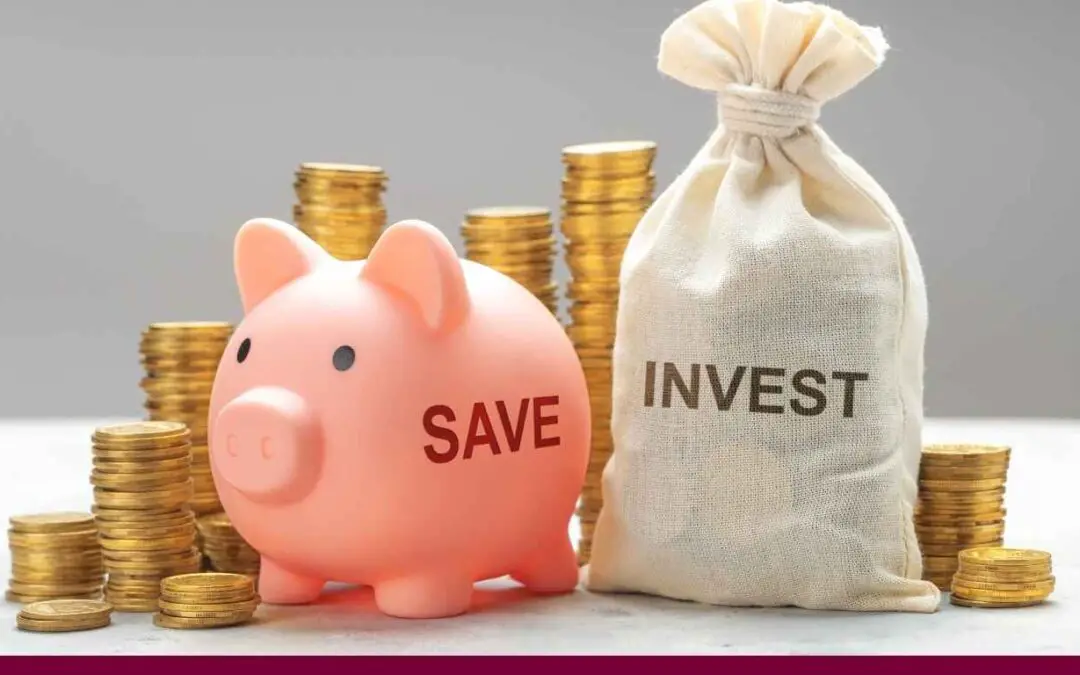




0 Comments